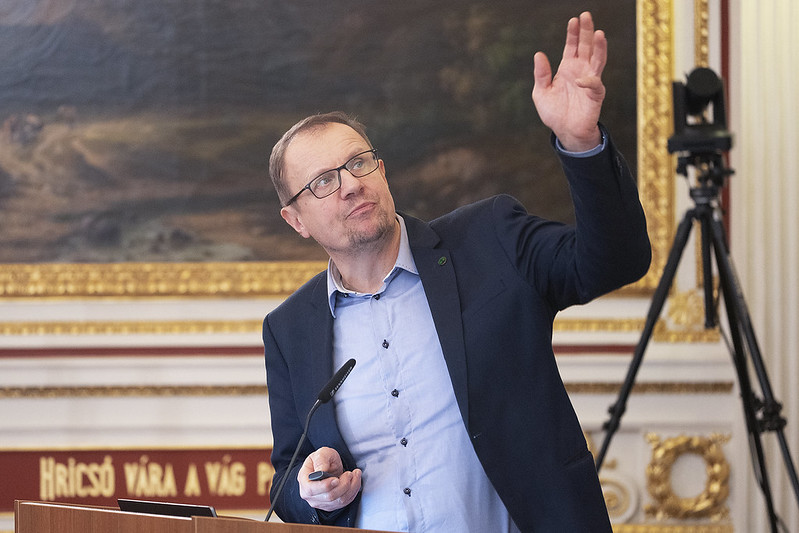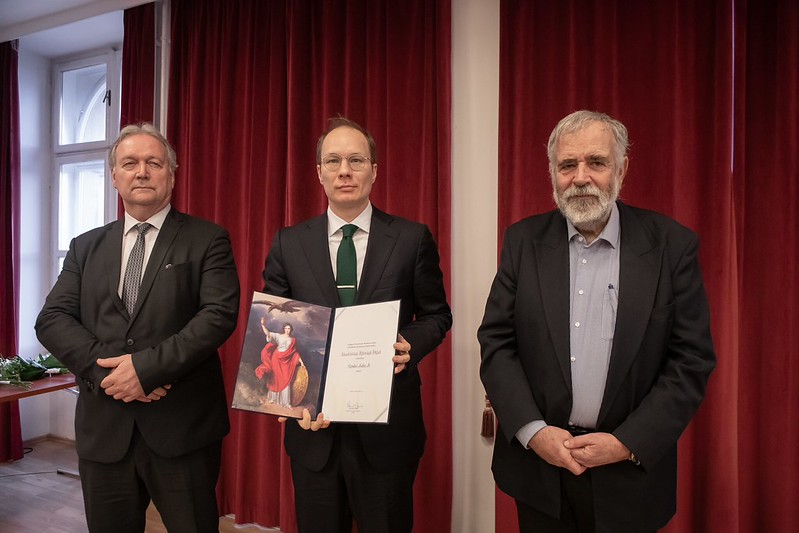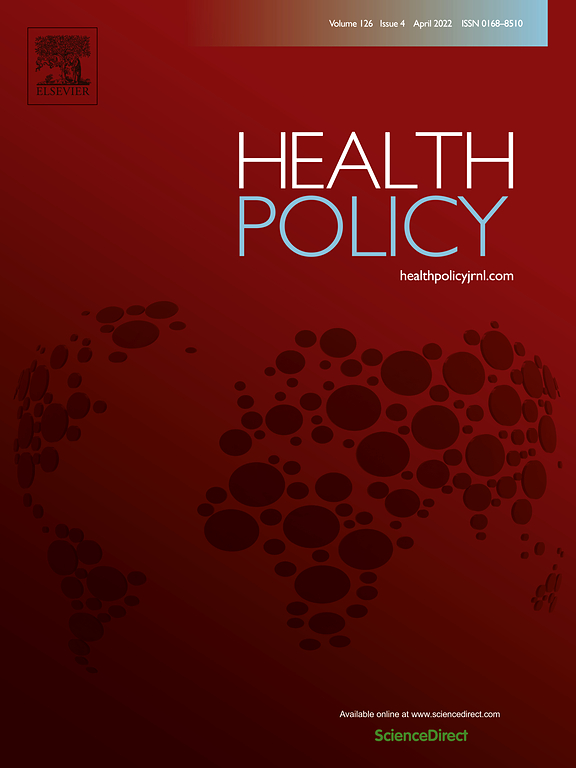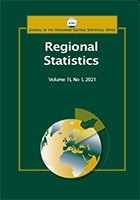Az előadásra hibrid formában, zoom-interfészen keresztül vagy személyesen kerül sor a K.13-14 teremben; 2024.05.09., 13.00.
Előadó: Max Gillman
Cím: A Present Value Explanation of Interest Rates through Inflation Tax Avoidance
Abstract: This paper presents an explanation for real US interest rates from a monetary real business cycle model. Fluctuations from marginal utility fundamentals arise from optimal use of exchange credit as an alternative to money. This creates an effective inflation tax within the pricing kernel that requires expectations on how it might change. Solving forward the pricing kernel gives the present value of the real interest rate, estimated with a vector error-correction model. Robust results find a single cointegrating vector that includes leisure and a stable discount factor. Policy affects the magnitude of the discount factor and dynamic shocks around fundamentals.
 Bio: Max Gillman is F. A. Hayek Professor of Economic History at the University of Missouri – St. Louis. His research includes monetary economics, energy markets, macroeconomics, interest rates, growth, human capital, public finance, asset pricing, and economic development. Current research includes modelling the real short term Treasury interest rate as compared to historical data, explaining real business cycles using human capital investment and endogenous growth, finding the effect of money and inflation shocks on oil prices, and the study of inflation, money, and banking policy in historical overview. Gillman currently also serves as Associate Editor of Economic Modelling; part-time researcher/director at European Research University; part-time research professor at Corvinus University of Budapest. He was recently senior fellow at Corvinus Institute for Advanced Studies and previously Professor at Cardiff Business School and Central European University; visiting scholar at the Bank of Finland and New York University; visiting professor/researcher at Central European University, University of Chicago, Loughborough University, Monash University, University of Melbourne, University of New South Wales, Federal Reserve Banks of St. Louis, Atlanta and Minneapolis. Recent articles appear in Energy Economics and Economic Analysis and Policy, with previous work in JMCB, JEDC, Econ. J., J. of Hum. Cap., RED, JIMF and JME. Books include The Spectre of Price Inflation (2023), Principles of Macroeconomics (2017), Advanced Modern Macroeconomics (2011), Inflation Theory in Economics (2009); editor of: Collected Papers on Monetary Theory (Harvard U. Press, 2013) by R. E. Lucas, Jr.
Bio: Max Gillman is F. A. Hayek Professor of Economic History at the University of Missouri – St. Louis. His research includes monetary economics, energy markets, macroeconomics, interest rates, growth, human capital, public finance, asset pricing, and economic development. Current research includes modelling the real short term Treasury interest rate as compared to historical data, explaining real business cycles using human capital investment and endogenous growth, finding the effect of money and inflation shocks on oil prices, and the study of inflation, money, and banking policy in historical overview. Gillman currently also serves as Associate Editor of Economic Modelling; part-time researcher/director at European Research University; part-time research professor at Corvinus University of Budapest. He was recently senior fellow at Corvinus Institute for Advanced Studies and previously Professor at Cardiff Business School and Central European University; visiting scholar at the Bank of Finland and New York University; visiting professor/researcher at Central European University, University of Chicago, Loughborough University, Monash University, University of Melbourne, University of New South Wales, Federal Reserve Banks of St. Louis, Atlanta and Minneapolis. Recent articles appear in Energy Economics and Economic Analysis and Policy, with previous work in JMCB, JEDC, Econ. J., J. of Hum. Cap., RED, JIMF and JME. Books include The Spectre of Price Inflation (2023), Principles of Macroeconomics (2017), Advanced Modern Macroeconomics (2011), Inflation Theory in Economics (2009); editor of: Collected Papers on Monetary Theory (Harvard U. Press, 2013) by R. E. Lucas, Jr.









